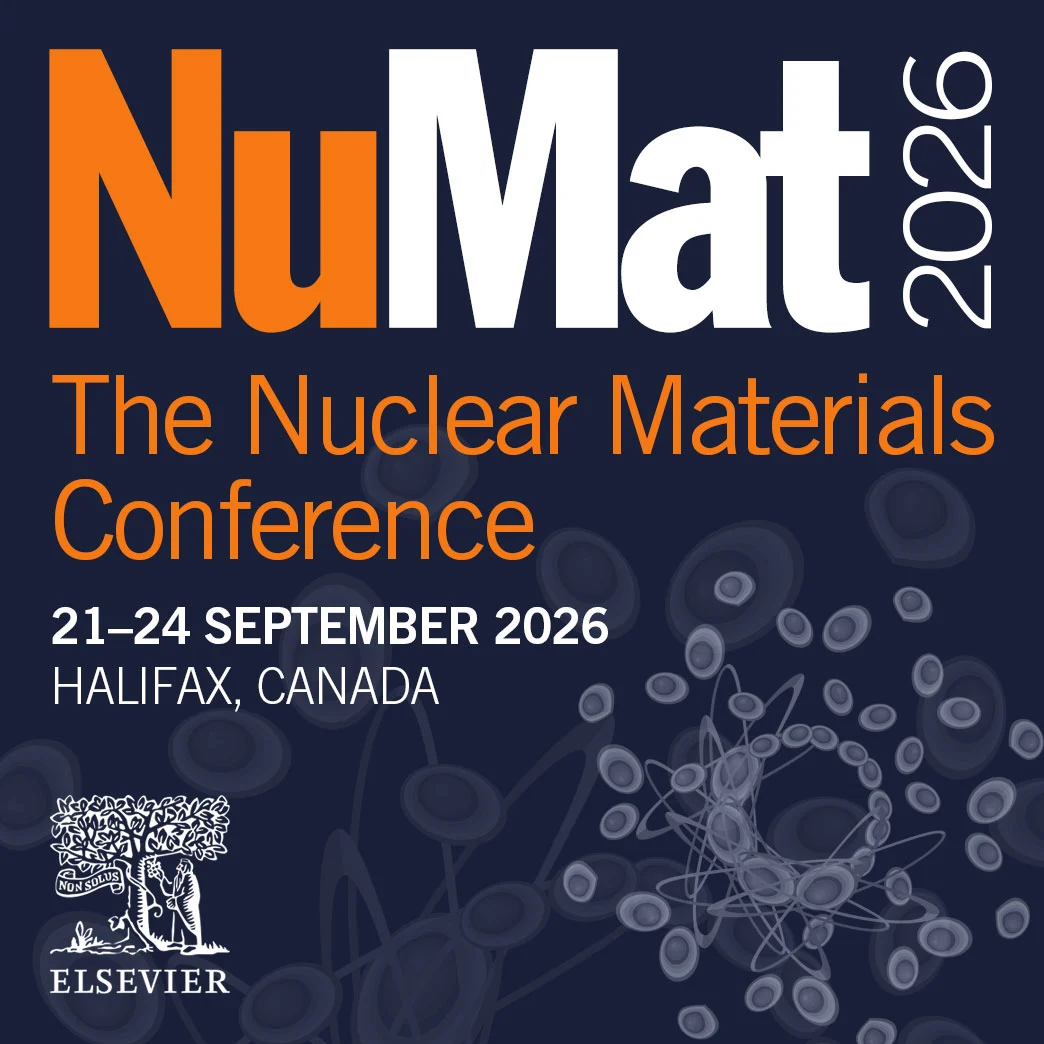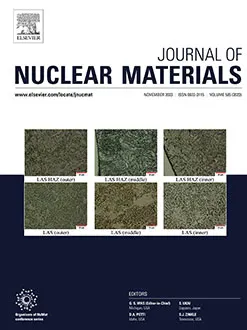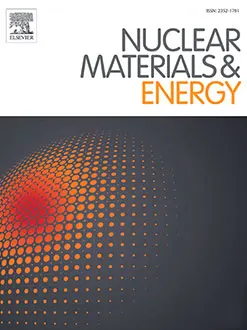The Nuclear Materials Conference (NuMat) was established in 2012 in partnership with the Journal of Nuclear Materials to bring together the global community working on nuclear materials science. It has since become the leading international conference for research spanning fission and fusion reactors as well as the wider nuclear fuel cycle.
Building on the success of NuMat 2024 in Singapore, which attracted more than 550 delegates from across the world, NuMat 2026 will take place in Halifax, Canada. The conference will showcase the latest advances in nuclear materials, with themes including nuclear fuels, structural materials, radiation effects, modelling and simulation, and severe accident analyses.
The program will feature eight plenary speakers, an opening plenary from the 2026 Robert Cahn Award recipient, and a special presentation from the winner of the Journal of Nuclear Materials best paper prize. Alongside these highlights, there will be five parallel technical sessions and poster sessions, ensuring comprehensive coverage of the field and plentiful opportunities for discussion and collaboration.
Track sessions
Track 1: Thermodynamics and Thermal Properties of Nuclear Fuels and Materials
Track 2: Structural and Functional Materials
Track 3: Modelling and Simulation of Nuclear Fuels
Track 4: Modelling and Simulation of Structural Materials
Track 5: Behaviour of Materials During Severe Accidents
Track 6: Radiation Damage Processes in Materials
Track 7: Characterization of Irradiated Fuels and Materials, and Techniques
Track 8: Materials for the Nuclear Fuel Cycle
Detailed track breakdown





